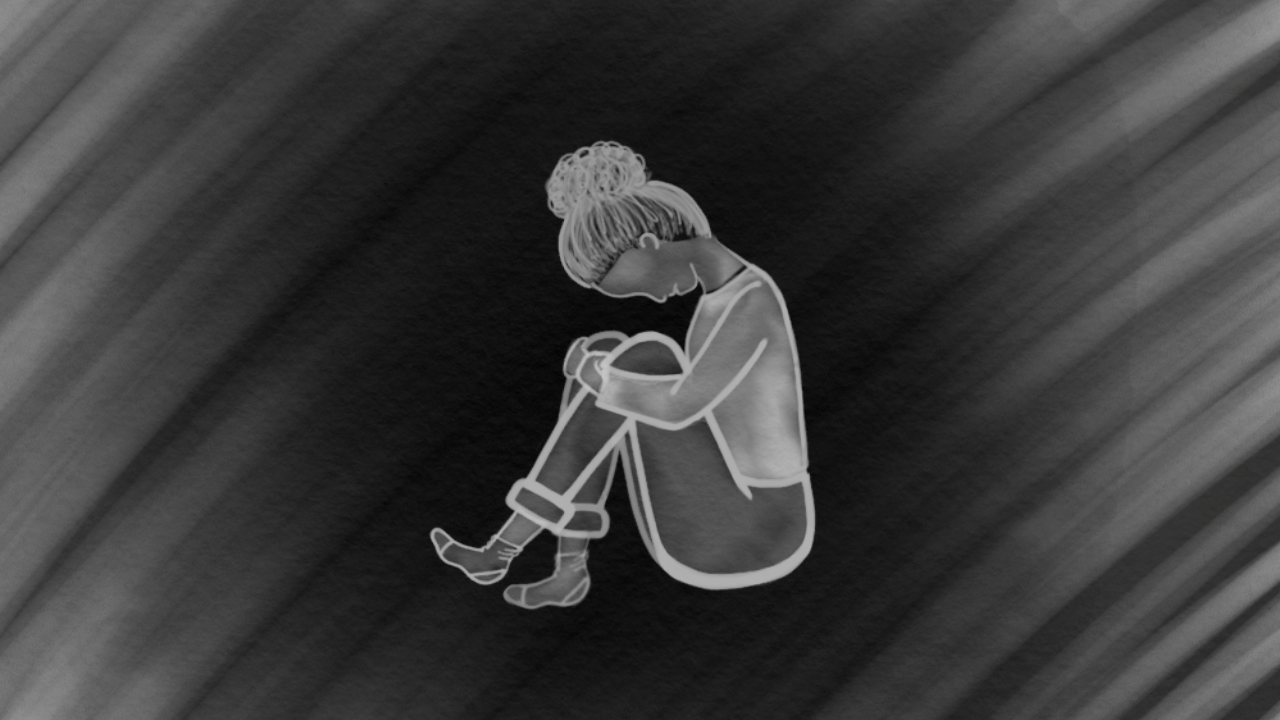There are many reasons why students visit Counseling Services; anxiety is often one of them. Students frequently come to me after having received a whole host of mixed messages. Most are aware of the rising national prevalence of anxiety among college students. As a result, they receive messages about “self-care” and “making mental health a priority.” On the other hand, students are told to expect anxiety, to tolerate it and — for some — to wear it like a badge of honor. How often have you heard a peer half-complaining and half-bragging about pulling an all-nighter? Students often suffer for long periods of time before coming to see me because they believe their anxiety is no different from the average student’s experience, and they wonder, “Why can’t I just suck it up like all my friends and classmates seem to do?”
Part of the problem seems to be a misunderstanding about the difference between stress and anxiety. Stress, while uncomfortable, is ultimately productive. When experienced in moderate levels, stress motivates and leads to better performance. For example, if you are worried about an upcoming exam and therefore are super motivated to prepare for the exam in advance, feel nervous during the exam but ultimately get through it and feel immense relief after the exam is over … that’s most likely an indicator that you are experiencing a healthy amount of stress. It sucks sometimes, but it’s college. Anxiety, on the other hand, often is so uncomfortable that it leads to unhelpful thinking patterns (e.g. I’ll never pass this exam), which leads to avoidance or flawed decision-making, poor performance and lasting worry even after the exam is over. Sound familiar? I really wish it didn’t.
Anxiety — simply put — is not good for you. Anxiety is your body misinterpreting an event as life-threatening and reacting appropriately. While the anxiety process is helpful in actual life-threatening situations, it’s not meant to be activated often or sustained for long periods of time. So what do we do about it? Well, first we learn more about what our bodies are doing when we are anxious. We become self-aware of the times when stress becomes anxiety, and we learn to manage the physical symptoms of anxiety so that we can think more clearly and logically. We also identify our unhelpful thinking patterns and particular triggers for anxiety. We practice new ways of thinking and new ways of coping, and we keep practicing until the old ways of going about things feel foreign to us.
But, let’s be honest, none of this will work unless a student is committed to change, and that commitment may be difficult on this campus because students constantly feel like they must do more and do better. Practice takes time, and students don’t feel like they have enough time as it is. It takes courage to quiet the voice in your head that tells you to take on another major, to sleep less and study more, to say yes to the officer position in your student organization because it will look sooo good on your resume. Students on this campus often see addressing anxiety as a failure instead of a courageous stance against an unattainable and harmful idea that perfection is possible.
I invite you to be courageous and actually prioritize your mental health. And, hey, I’ll make it easy for you to take the first step. Come to my Anxiety Management Workshop on Feb. 15 from 3:30 p.m. to 5 p.m. The workshop is not a support group, and no one is expected to share anything about themselves. The workshop won’t address your readiness for change (perhaps that is work to be done on your own), but it will lay the foundation for simple steps to address anxiety should you choose to do so … and I hope you do. Interested in coming to the workshop? Email me at [email protected] for more information, including the location of the workshop.






